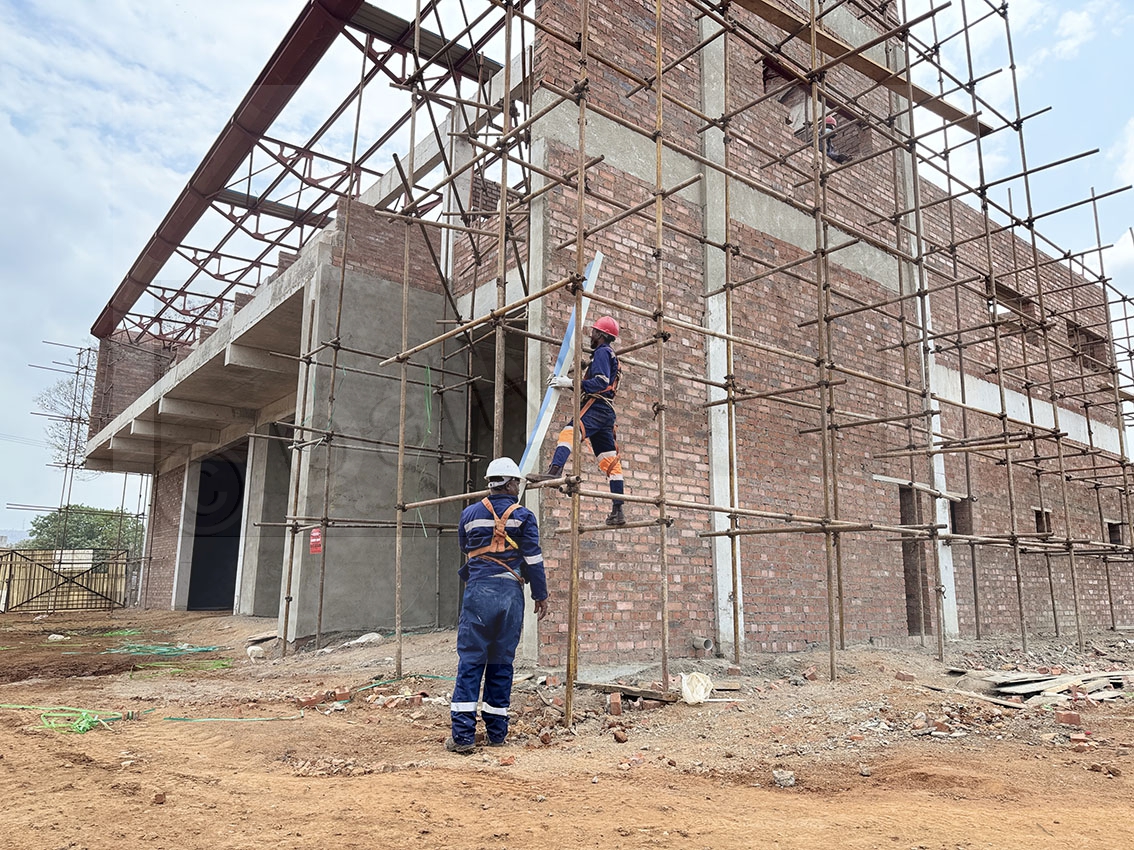Low supply of grains worrisome
24 Apr 2023
Botswana continues to experience significant decline in supply of sorghum and other key grains.
Addressing the media recently, Botswana Agricultural Marketing Board (BAMB) acting chief executive officer, Mr Lameck Nthekela said the board currently had 9 200 metric tonnes of sorghum in its holdings which was sufficient to feed the nation for the next six months.
Mr Nthekela said their minimum required levels of sorghum was 10 000 metric tonnes. He said their storage capacity was a maximum of 30 000 metric tonnes.
“Maize and pulses current holdings are 5 008 metric tonnes and 4 282 metric tonnes which surpasses their expected minimum target of 5 000 metric tonnes and 2 000 metric tonnes respectively. Otherwise, the maximum storage capacity for both maize and pulses is 30 000 metric tonnes and 10 000 metric tonnes respectively,” he said.
He said the low yields affected not only the end consumer but BAMB sales revenue as well, adding that over the years, production of sorghum by local farmers had gradually been going down compared to other grains such as maize and pulses.
He added that production of such crops was largely dominated by local farmers who used rainfed methods and produced at a small scale for household consumption and income generation purposes.
On the other hand, he said commercial farming of such crops took place in Pandamatenga, Mosisedi, and Tuliblock areas where production methods involved both irrigation and rainfed.
Nonetheless, he said despite the different farming methods, periods of low production had been experienced and that had negatively affected supply to other key market players such as millers, retail businesses and final consumers.
“While crop production yields are often affected by erratic rainfall as well as natural disasters such as armyworms, production, distribution and market distortions are key to national shortage and main causes of sorghum supply value chain disruption,” he said.
He also indicated that they were faced with a crisis of big suppliers or millers who bought directly from the farmers’ gates, adding that eventually disrupted supplies and distorted the price set by BAMB.
“Despite contracts signed with BAMB, farmers do not supply agreed quantities as per contracts, therefore we often received less supplies than contracted. General market supply chain distortion that results in general sorghum shortage to other millers and increase in prices of final products (bopi) nationally,” he said.
Again, he said on average, an increase in prices of staple food affected vulnerable families who survived on the sorghum meals every day. He said BAMB had adopted some interventions to boost production levels which entailed increasing contract farming price per metric tonne by 47 per cent for sorghum.
“After negotiations with the farming associations, we agreed to increase contract pricing from a long-standing P2 550 since 2019 to P3 750,” he said.
Also, he said they devised government subsidies for inputs and subsidised loans to assist farmers and enhance sorghum production.
Moreover, he highlighted that BAMB was allowed to source for supply of key grains externally in case of local market production supply shortage and would consider purchasing sorghum from Australia and South Africa should the short supply persist.
To date, he said negotiations with their Australian counterpart proved worthwhile as their prices had declined recently. “As part of the value chain blue print under the Ministry of Entrepreneurship, the intention is to have an organised market for production and distribution of key scheduled grains to support both key market players in the value chain,” he said. ENDS
Source : BOPA
Author : Marvin Motlhabane
Location : Gaborone
Event : Press brief
Date : 24 Apr 2023





